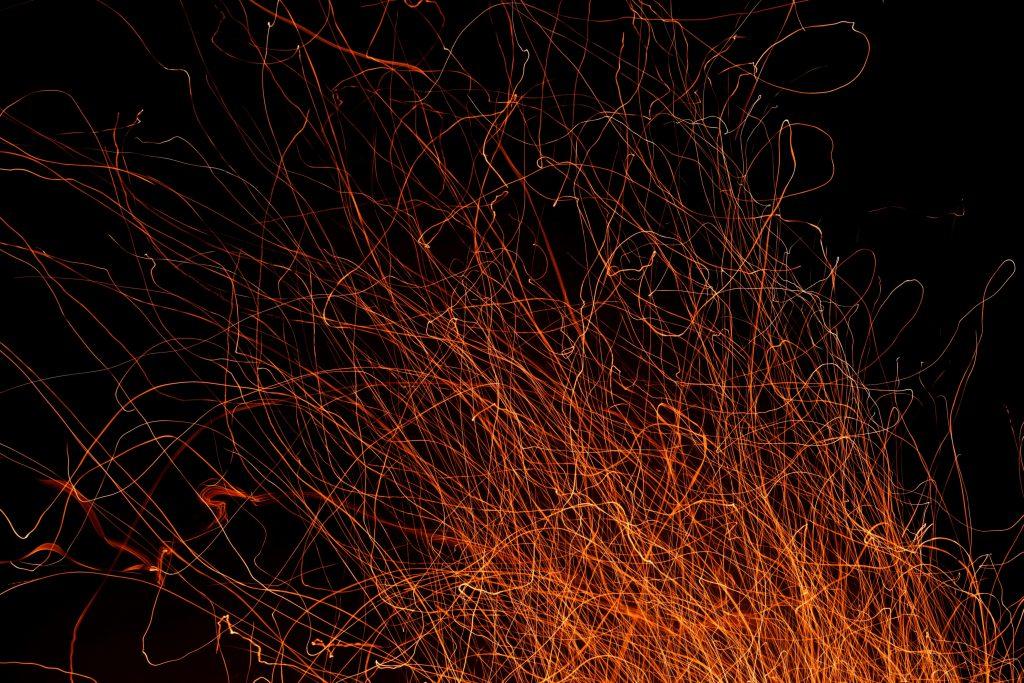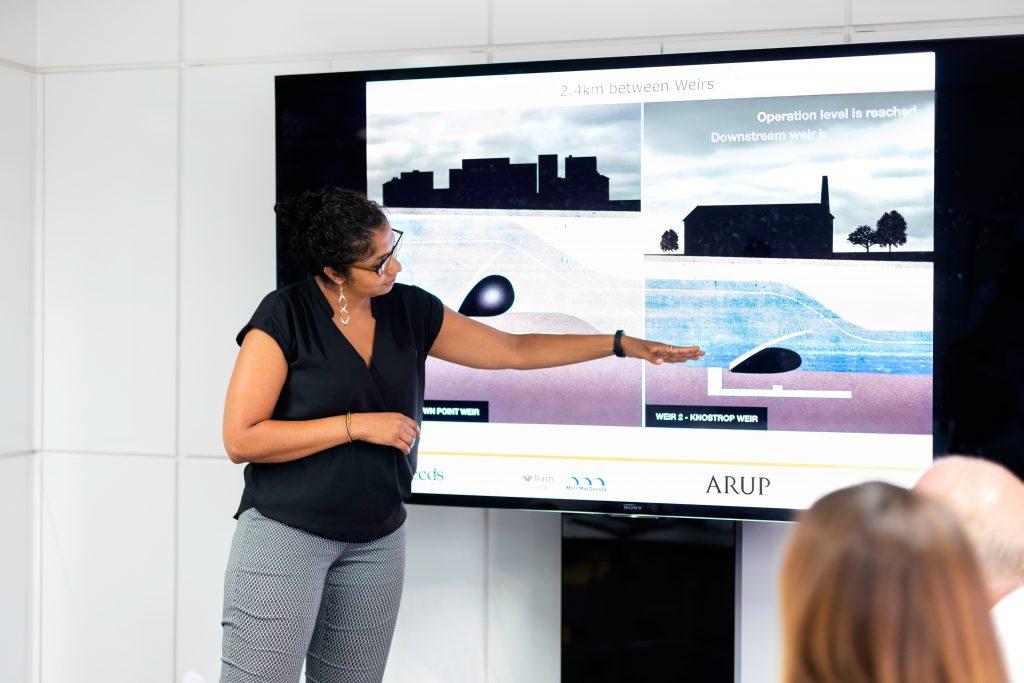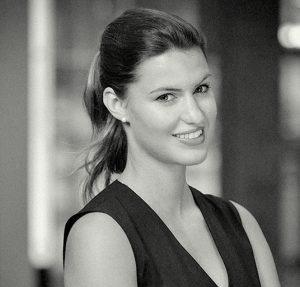The first piece of advice given to me about preparing for and succeeding in the PhD viva (or ‘defence’, as it is known in other places outside of the UK) was in my very first year of the PhD. A senior male academic advisor compared it to a boxing match. He said, ‘There’s a reason it’s called a ‘defence’. You must walk into the ring and defend your work.’
This boxing match metaphor did nothing to assuage my fears- it anything, it amplified them. It made the meeting room out to be a boxing ring, my mind and words into a pair of gloves, the panel of examiners into sparring opponents, and the PhD a prize that required getting bruised for. Little did I know, this hyper-masculine comparison would be of little resemblance to my viva four years later.
Yet I went through the remainder of my PhD dreading for this boxing match, fearing it. I spun a narrative in my mind that I needed to be afraid of it, because if I didn’t, I was somehow minimising the seriousness of it. It wasn’t one milestone among many throughout the PhD journey- it was the milestone. The only one that mattered. And if I got knocked out in the ring, I’d be a failure.
This narrative is unfortunately is all too common within academia. It’s part of a wider culture of ‘trial-by-fire’ thinking that is rife among postgraduate researchers. I lost track of how many times I heard ‘horror stories’ swapped around the pub table by faculty members and postgrads, listened to by wide-eyed younger academics, as they revelled in the likely-exaggerated terrors of their own vivas. It became difficult to separate true experiences from urban legends. ‘I had to run to the bathroom and cry halfway through,’ one girl told me. I heard stories of sweating through blouses, dizzy spells, and tears. It became a sort of sick competition of struggle- ‘Mine lasted three hours’, to be matched with a triumphant, ‘Ha! That’s nothing- mine was four and a half hours’. There were very few positive stories. How could there be positive memories within a boxing ring, slick with tears and sweat?
As I neared the months of my own PhD and a date was set for the viva, I decided to outside of my academic circles for guidance, which so far had been largely tinted by cynicism and fear-mongering. I read blog posts online, listed to podcast episodes, and watched YouTube videos. I couldn’t believe it- here were people who spun a dramatically different narrative of their experience—that it didn’t have to be a boxing match. It could even be…enjoyable? Graduates and faculty members from across disciplines and around the world recounted how they reframed the viva to be a positive experience. Rather than opponents, they suggested, examiners should be seen as like-minded individuals who, ultimately, want you to succeed. Rather than an interrogation, the viva should be viewed as a constructive conversation. As my very own academic supervisor (who never fell into the ‘trial-by-fire’ toxicity, by the way, and both of my supervisors were always a positive source of encouragement) reminded me, “Your examiners, other than your supervisors, may very well be the only people in the world to take the time to read through your entire PhD. This is a good thing- it means they’ll have good questions. Enjoy the process!”


It was hard to imagine enjoying the viva. Viewing it as constructive rather than violent was one thing, but finding pleasure in the process seemed another thing entirely. Yet I remembered my supervisor’s advice in the days leading up to my viva. Of course, I was still nervous. The butterflies in my stomach felt more like a flock of birds as I walked into the examination room.
The first fifteen minutes were the most difficult. I was terrified of being asked a question I wouldn’t know the answer to. But then something interesting happened. Once I realised that these three people around the table (the chairperson, and internal and external examiners), each of whom are experts in their field and had generously given up time in their busy schedules to read through my 100-thousand-word thesis, and in one case, travel across the country to be there, really did want me to succeed. Their questions were not meant to stupefy me- they were to clarify and strengthen my arguments. I realised that their targeted and nuanced questions demonstrated that they really did understand and appreciate my thesis- which was a compliment in and of itself.
There were some occasions when I didn’t know the answer to their questions. Had I gone into that room expecting a boxing match, I would have felt the need to be, well, defensive. But because I had reframed the narrative ahead of time, I approached the situation with a balance of justifying my choices and humility. When I was asked why I did not incorporate a particular theme more into my research, for example, I responded with something along the lines of, “I agree, that would have been an interesting and important angle to explore. While I considered it, however, it was beyond the scope of my research. I think this would be an excellent topic to pursue further in future research.”
Of course, I understand that there are certainly vivas that others have had that were nearly as civil as mine. I’m aware there have been PhD defences that did feel like a boxing match and resulted in frustration and exhaustion. The examiners are likely the biggest factor- I was extremely fortunate to have two wonderful individuals who were very kind and patient. There were no egos present in that room. Many other PhD candidates are not so lucky.
Yet I do believe that for those of us who have completed the PhD journey, particularly for those of us who regularly interact with PhD candidates just starting out, there is a responsibility to challenge the hardship narrative of academia. Let’s be mindful of the words and metaphors we offer. Is the viva a battle, an interrogation, a boxing match? Or is it a conversation, a presentation of ideas, an exciting milestone?
Before we can be mindful of the narratives that we are telling others, we must first be aware of the stories we tell ourselves. Altering our mindsets about the viva to focus on all the things that could go right (being asked interesting questions, learning about opportunities for future research) rather than everything that could go wrong, can make a huge impact in how we approach the big day.
Tags
About the author

